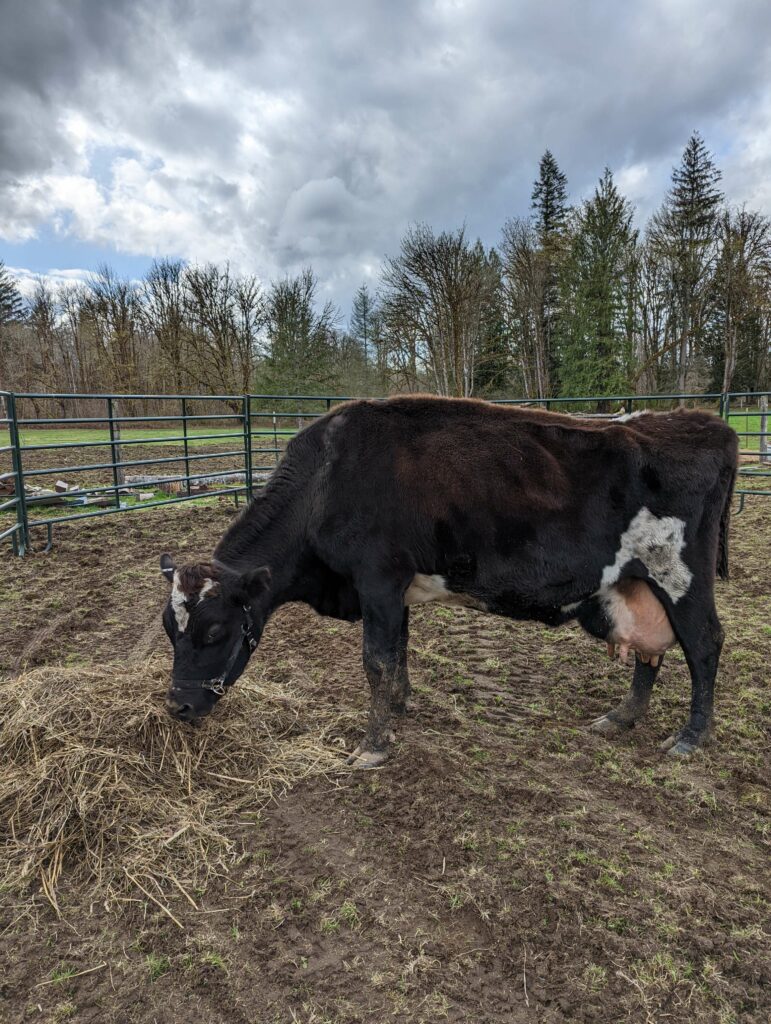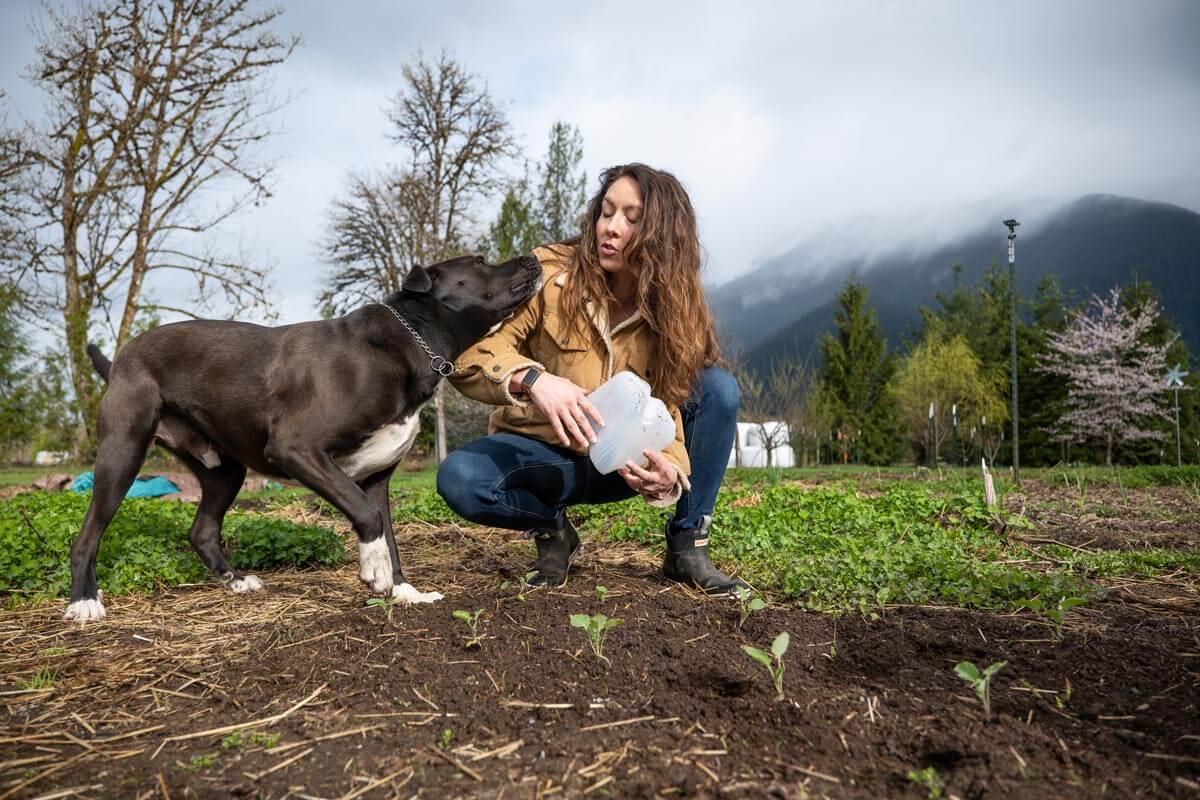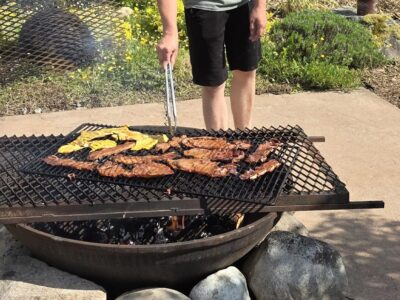It has been a very busy season here on our homestead with many changes that we’re very excited about. Today you will get to learn about a few of them, and I’m continuing to tease about a couple of upcoming projects I can’t quite divulge yet.

This podcast (Pioneering Today Podcast episode #340) is a bit more personal and I’m sharing more about my husband and my beliefs and faith in our decision-making processes.
Natural Remedies Made Simple

Start your home apothecary with confidence—even if you’re brand new. Learn how to choose the right herbs for your body using the simple principles of herbal energetics.
Discover how warming, cooling, drying, and moistening herbs affect your body—so you can stop guessing and start making remedies that actually work.
If that’s not your cup of tea, feel free to check out all my other podcasts and find your favorite topics!
In This Episode:
- My new preservation cookbook will be published later this year! I’m so excited about it as it’s the cookbook I’ve always wanted. (Check out my other books here.)
- I talk about the increase in the cost of goods at our stores (gas, seeds, animal feed, food, etc).
- We’re increasing both our vegetable garden size as well as our medicinal herb garden. (Read more on how to plan a garden to grow a year’s worth of food.)
- We’re planting crops that can feed our family and/or supplement our livestock feed.
- Why we’re not raising pigs this year. (Check out how to raise pigs here.)
- I’m the editor of the brand new Homestead Living Magazine. Be sure to check it out and get your copy!
- Josh & Carolyn from Homesteading Family were here to work on a special project you’ll know more about later this year.
- We got a dairy cow! You’ll meet Clover, our Jersey milk cow soon. Learn about the 8 things you should know about keeping a milk cow here.
- The strong feelings many homesteaders are feeling right now to get ready. Getting ready by putting up food and becoming more sufficient as a community. Read about the 6 things our great-grandparents did better than us.
- Upcoming LIVE workshops on our homestead. The chicken butchering workshop for this year is already sold out but get on the waitlist for all future workshops here.
- Get on the waitlist for the Pioneering Today Academy to be notified the next time we open the doors for enrollment.
- Verse of the week: Genesis 41:1
[fusebox_transcript]



